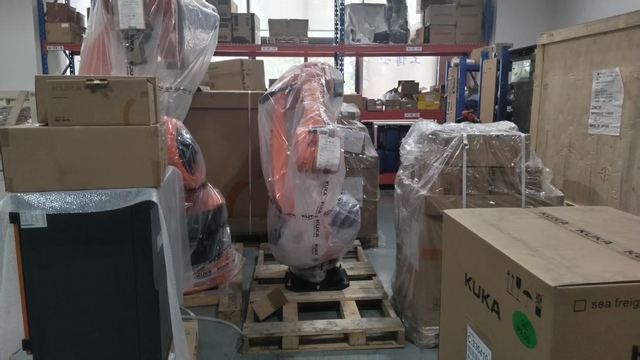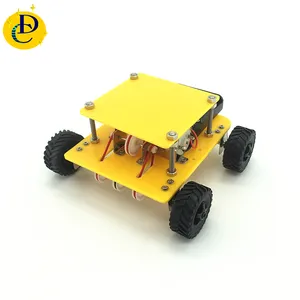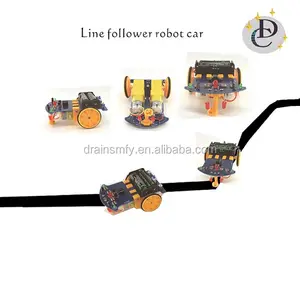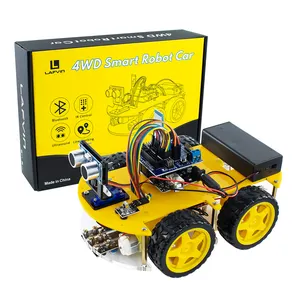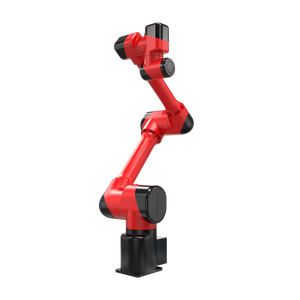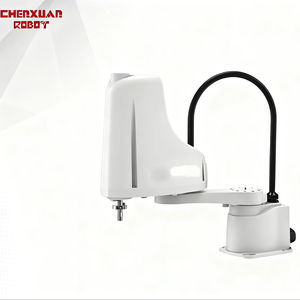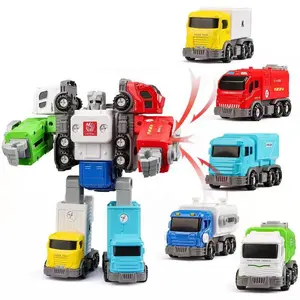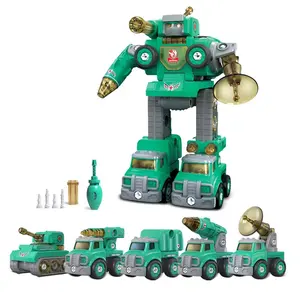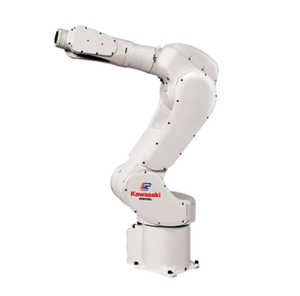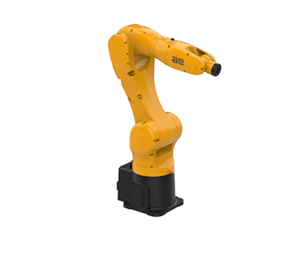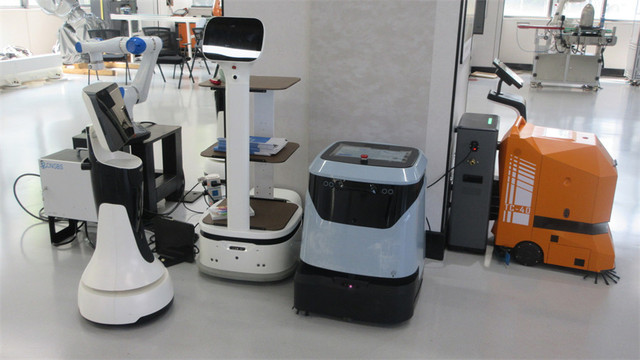Car Assembly Line Robots
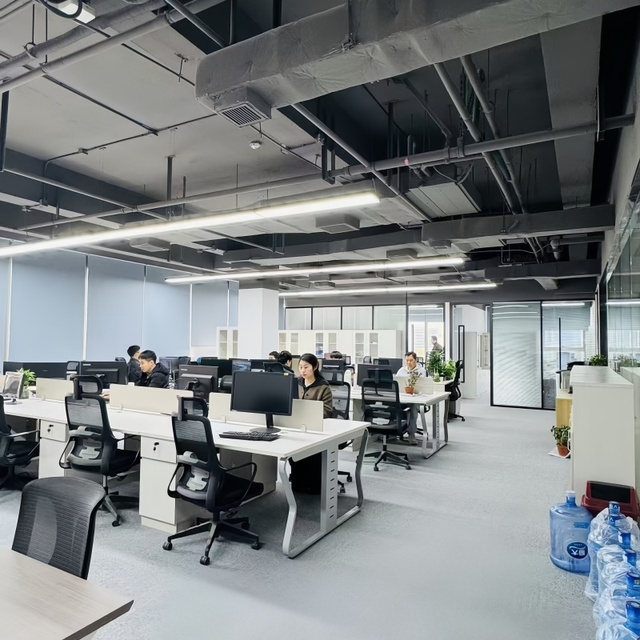







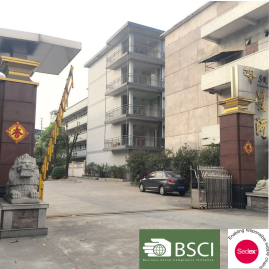











 CN
CN













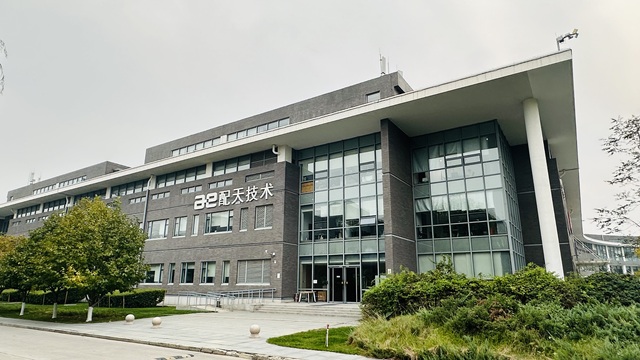


 CN
CN




 CN
CN


About car assembly line robots
Where to Find Car Assembly Line Robots Suppliers?
China remains a central hub for industrial robotics manufacturing, with key supplier clusters in Shanghai, Zhengzhou, and Jinan offering specialized capabilities in automation for automotive production. These regions host vertically integrated facilities that combine precision machining, robotic integration, and welding system design under one supply chain. Shanghai and its surrounding Yangtze River Delta region benefit from proximity to major automotive OEMs and Tier-1 suppliers, enabling rapid prototyping and just-in-time delivery models.
The concentration of technical talent and component manufacturers within 50km radii allows for reduced assembly lead times—typically 30–45 days for standard robotic systems. Localized access to servo motors, control systems, and structural materials such as stainless steel and high-tensile aluminum contributes to a 15–25% cost advantage over Western-built equivalents. Many suppliers operate multi-axis CNC workstations and automated calibration lines, supporting batch production of 6-axis articulated arms and collaborative welding robots used in car body-in-white (BIW) assembly processes.
How to Choose Car Assembly Line Robots Suppliers?
Procurement decisions should be guided by rigorous evaluation criteria focused on technical capability, quality assurance, and transaction reliability:
Technical & Quality Compliance
Verify adherence to international standards such as ISO 9001 for quality management and CE marking for electrical and mechanical safety compliance. For integration into existing production environments, confirm compatibility with common industrial protocols (e.g., PROFINET, EtherCAT). Request test reports for repeatability accuracy (typically ±0.05mm to ±0.1mm), payload capacity (ranging from 6kg to 20kg for mid-range models), and mean time between failures (MTBF).
Production Capacity Assessment
Evaluate supplier infrastructure using the following benchmarks:
- Minimum factory area exceeding 3,000m² to support full-cycle robotic cell assembly
- In-house engineering teams capable of custom fixture and end-effector design
- On-site CNC machining, welding, and robotic calibration capabilities
Cross-reference declared response times (<8 hours preferred) and on-time delivery rates (>97%) with order history data where available.
Transaction and Risk Mitigation
Utilize secure payment mechanisms such as escrow services or letters of credit tied to milestone inspections. Prioritize suppliers with documented after-sales service frameworks, including remote diagnostics and spare parts availability. Conduct pre-shipment testing via video audit or third-party inspection agencies to validate functionality against agreed specifications.
What Are the Best Car Assembly Line Robots Suppliers?
| Company Name | Location | Main Products | Online Revenue | On-Time Delivery | Avg. Response | Reorder Rate | Min. Order Value | Customization |
|---|---|---|---|---|---|---|---|---|
| Shanghai Qiongkuo Intelligent Equipment Co., Ltd. | Shanghai, CN | Machining Services, Assembly Line, Other Machinery & Industrial Equipment | Not disclosed | 100% | ≤8h | Not available | $7,000/set | Limited |
| Zhengzhou Kehui Technology Co., Ltd. | Zhengzhou, CN | Other Welding Equipment, TIG Welders, Welding Positioners | US $30,000+ | 100% | ≤15h | <15% | $12,800/set | Limited |
| Jinan Lingyu International Trade Co., Ltd. | Jinan, CN | Customization options: color, material, size, logo, packaging | US $40,000+ | 100% | ≤1h | <15% | $4,698/set | Extensive |
| Xiangjing (Shanghai) Mechanical And Electrical Tech Co., Ltd. | Shanghai, CN | Industrial robotic arms (ABB IRB1600, KUKA KR series, Fanuc cobots) | US $50,000+ | 100% | ≤8h | 20% | $24,500/set | Extensive |
| DRAINS INDUSTRIAL LIMITED | Unspecified | Educational DIY robot kits, self-assembly learning tools | US $30,000+ | 90% | ≤2h | 18% | $3.50/piece (bulk) | N/A |
Performance Analysis
Suppliers like Xiangjing (Shanghai) specialize in high-end industrial robotic systems, offering branded models such as KUKA, ABB, and Fanuc variants at competitive pricing, indicating strong channel access to OEM components. Their 20% reorder rate suggests moderate customer retention, likely influenced by niche market positioning. Jinan Lingyu stands out for customization flexibility and sub-hour response times, making it suitable for buyers requiring tailored configurations in arm length, mounting style, or control interface.
Shanghai- and Zhengzhou-based firms demonstrate consistent on-time performance (100% delivery), critical for synchronized production line upgrades. However, DRAINS INDUSTRIAL LIMITED appears misaligned with industrial procurement needs, targeting educational markets with low-cost DIY kits rather than factory-grade automation. Buyers should exclude such suppliers when sourcing mission-critical assembly robots.
FAQs
How to verify car assembly line robot supplier credibility?
Cross-check ISO/CE certifications with issuing bodies and request product conformity declarations. Analyze supplier transaction histories for consistent export activity to industrialized markets. Confirm presence of technical documentation, including CAD drawings, user manuals, and maintenance guides.
What is the typical lead time for robotic systems?
Standard configurations require 30–45 days for production and testing. Customized robotic cells with integrated conveyors or vision systems may take 60–75 days. Air freight adds 5–10 days globally; sea freight ranges from 20–40 days depending on destination port.
Do suppliers offer customization for car manufacturing applications?
Yes, select suppliers provide engineering modifications for specific tasks such as spot welding, arc welding, part transfer, and adhesive dispensing. Capabilities include adjustable reach (up to 1,800mm), increased payload designs (up to 25kg), and IP67-rated housings for harsh environments.
Are samples available before bulk ordering?
Sample policies vary. Some suppliers offer functional demo units at near-production cost, while others require pilot orders of 1–2 sets to validate system integration. Expect lead times of 25–35 days for sample fabrication and testing.
What are common MOQ and pricing structures?
Minimum order quantities typically start at 1 set. Entry-level 6-axis welding robots begin at $4,700, while fully configured industrial arms with controllers and software range from $24,500 to $38,900. Volume discounts apply beyond five units, with potential savings of 8–12%.





















